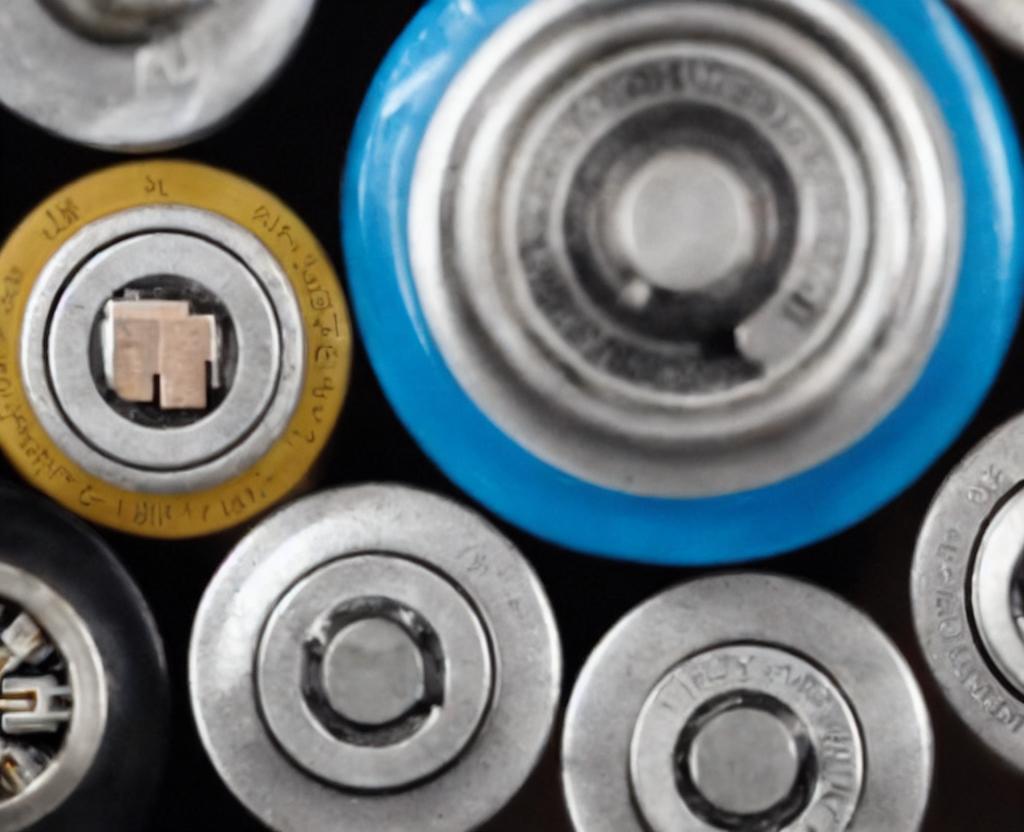
National Battery Day
Get a charge out of National Battery Day! Get a charge out of National Battery Day! Each year, on February 18th, the day is observed to appreciate the convenience batteries that our everyday lives.
We'd be hard to find someone in the United States today who doesn't profit from a battery today. Even those who live "off the grid" have battery-operated appliances such as a flashlight, radio, or watch.
A battery converts chemical energy into electricity by bringing the various chemicals together in a specific order. When properly ordered, the electrons will move from one substance to another, generating an electrical current.
The battery has been on the long road for the long haul
Although battery manufacturing for everyday personal use has increased in the last 50-60 years, archaeologists discovered evidence of a battery that may have been used to electroplate gold to silver, much like a battery.. During the building of a new railway near Baghdad in 1936, a Parthian tomb was discovered. A copper cylinder encasing an iron rod in a clay jar was discovered by Archaeologist Wilhelm Konig. According to Konig, the find was about 2,000 years old.
1800
In 1800, Italian scientist Alessandro Volta layered silver, cloth, or paper soaked in salt or acid and zinc into "voltaic piles." A small amount of electrical current was generated by the voltaic piles. Volta continued to publish his work, but we get the word "volt" from his name to describe the electric potential.
William Cruickshank, an English chemist, invented a battery for mass production in 1802.
Battery corrosion has always been a problem, but until John Daniell came along, it was much worse. Daniel, a chemist, is lauded for inventing a way to minimize corrosion when storing batteries. In 1820, he invented the Daniell Cell, which contained mercury, reducing the corrosion.
1896
Over time, numerous scientists and entrepreneurs have made incremental improvements to the battery. The Columbia battery, manufactured by the National Carbon Company (later known as the Eveready Battery Company), was the first commercially available battery in 1896. National Carbon Company introduced the first D-sized battery for the first flashlight two years ago.
The 1900s and beyond
To keep time, watches must be wound regularly until 1957. In 1957, the Hamilton Watch Company introduced the first battery-operated watch.
Batteries are now available for a variety of uses. Portable electricity isn't something we think about every day because it is so cheap in our modern age.. When we travel down the road, we charge the batteries on our phones by using the batteries in our cars. We even have portable chargers that can charge our batteries wherever we are. Every day, the number of batteries change. Solar batteries recharge every day and store electricity in cells. They come in many shapes, too.
How to celebrate #nationalbatteryday
- Take a look at how many batteries you rely on in your life. Don't forget that batteries power our phones, watches, hearing aids, and many more items
- Learn more about batteries – the various forms, where battery design is headed, and more
- Learn more about the various battery types on the market. Any last longer, are rechargeable, and are more eco friendly
- Take stock. How many batteries does your house and environment use? How many batteries does your house and environment use? The number of Toys, remote controls, and automobiles has grown
- Find out the best ways to recycle your batteries. Some batteries are easier to recycle than others, and some are more convenient to recycle than others
- On social media, use #NationalBatteryDay to post
The national battery day has been celebrated for the first time in history
The birth of Alessandro Volta on February 18, 1745, is commemorated on National Battery Day. 1745.
Battery FAQ
s. What is the difference between lithium and alkaline batteries? Q. What is the difference between lithium and alkaline batteries? s. A. There are several differences between lithium and alkaline batteries.
- life: A lithium battery will last longer than an alkaline battery, according to Battery life: A lithium battery will last longer than an alkaline battery
- Cost: Alkaline batteries cost less than lithium batteries, but lithium batteries cost less
- Durability: Battery life is dependent on whether it's hot or cold drains. Lithium batteries are more robust in extreme environments than alkaline batteries, and they are more reliable in extreme environments
- Weight: Alkaline batteries are heavier than lithium
- Lithium batteries are more easily recycled than alkaline batteries, and they are more recyclable than alkaline batteries
- Rechargeable: Lithium batteries can be rechargeable, while alkaline batteries are not




